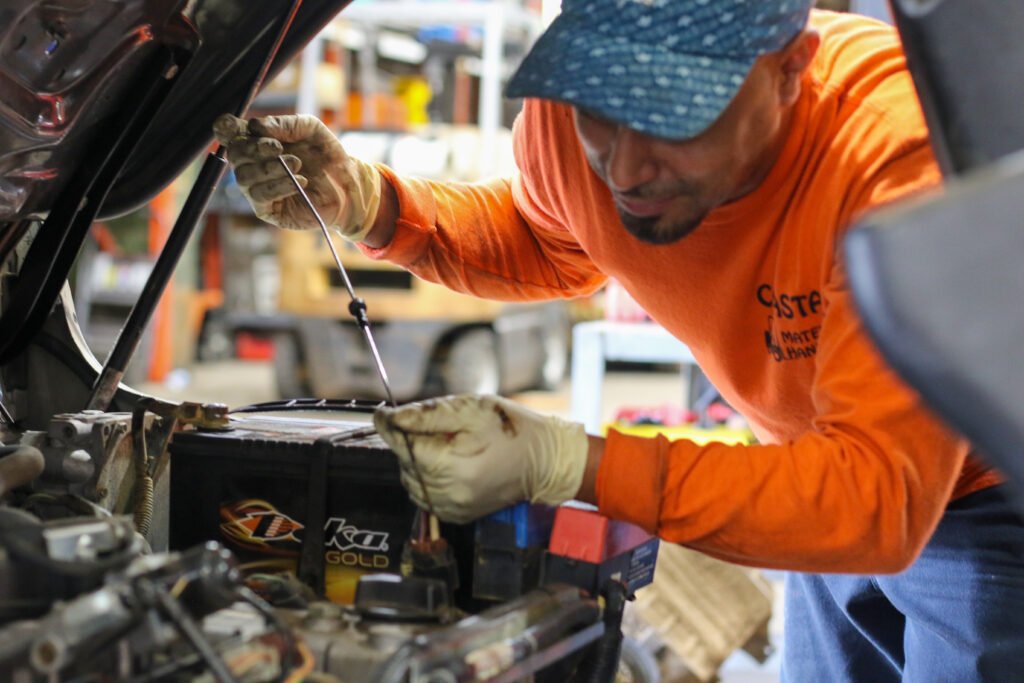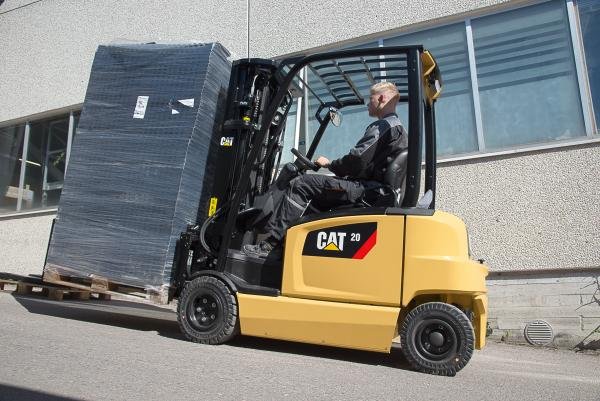****
Optimizing Forklift Maintenance Schedules
Adhering to a consistent maintenance schedule is crucial for maintaining the reliability and efficiency of your forklift fleet. By following manufacturer-recommended service intervals, you can identify and address potential issues before they lead to costly downtime or safety concerns.
Factors such as operating environment, usage frequency, and machine age should all be considered when developing a customized maintenance plan. Regular inspections, fluid changes, and component replacements can help extend the lifespan of your forklifts and ensure they continue to meet your operational needs.
Diagnosing and Resolving Common Forklift Electrical Issues
Electrical problems can be one of the most challenging aspects of forklift repair and maintenance. From battery malfunctions to wiring harness failures, a range of electrical components can impact the performance and safety of your forklifts.
By understanding the symptoms of common electrical issues, such as inconsistent power delivery or erratic control responses, you can quickly identify the root cause and implement the appropriate repair or replacement strategy. Partnering with a skilled forklift service provider can help ensure your electrical systems are properly maintained and optimized for reliable operation.
Ergonomic Upgrades for Operator Comfort and Productivity
Operator comfort and ergonomics play a crucial role in forklift productivity and safety. Upgrading features like adjustable seats, intuitive controls, and enhanced visibility can help reduce operator fatigue and improve overall job satisfaction.
Investing in ergonomic enhancements not only benefits your employees but can also contribute to reduced maintenance costs and longer forklift lifespan. By prioritizing operator comfort and ergonomics, you can foster a safer, more efficient work environment and unlock the full potential of your forklift fleet.
Navigating Forklift Regulations and Safety Standards
Ensuring compliance with forklift-related regulations and safety standards is critical for protecting your employees, maintaining operational integrity, and avoiding costly fines or legal consequences.
From operator training requirements to periodic inspections and load capacity limitations, staying informed about the latest industry guidelines can help you develop and implement comprehensive safety protocols. Partnering with a reputable forklift service provider can also assist in navigating the complex regulatory landscape and implementing best practices tailored to your specific business needs.
****





